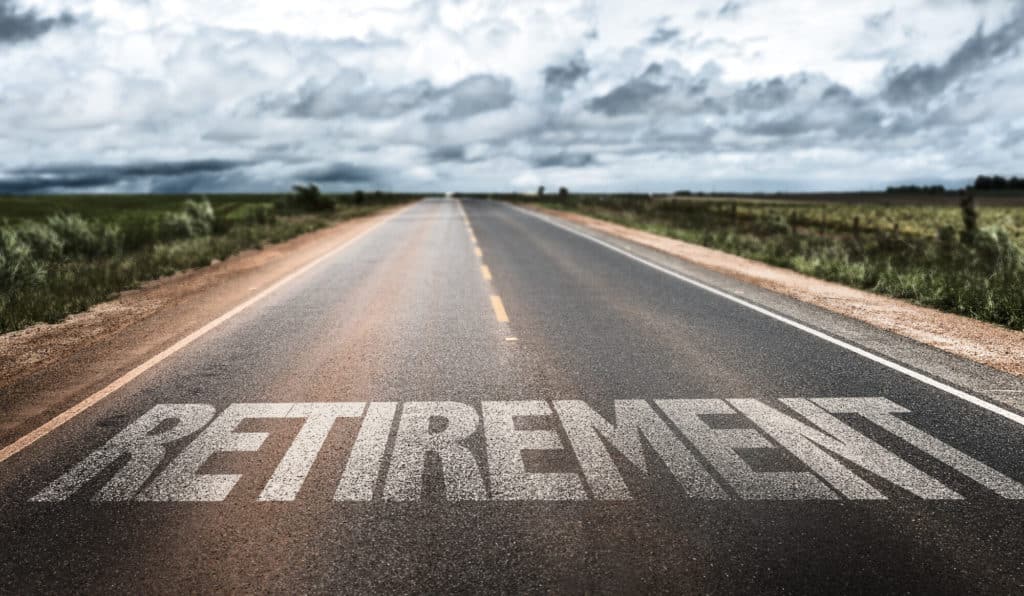When do you want to stop working? The average age UK adults hope to stop working is 60. However, is this the best age to retire?
Have you begun planning for retirement? People either cannot wait for retirement, dread it, or do not give it any thought. You want to enjoy your job while in it if possible, but retirement also offers an exciting new chapter in your life.
People often wonder when to retire. The answer to that question comes down to several factors, including your retirement planning strategy. Read on to learn more about when to retire and retirement tips.
What Is the Best Age to Retire?
Although there are national averages for retirement in different countries, they are not necessarily the best retirement ages. People actually retire at various ages, from the early thirties or earlier to not retiring at all.
The best age to retire comes down to your personal needs and circumstances. You will know when to retire based on several factors.
When to Retire
Retirement can feel like a distant goal you do give much thought about. However, you can determine when to retire with the right retirement planning. There are several factors to consider when deciding when to retire:
- Your financial circumstances
- Your retirement plans
- Your lifestyle choices
- Your health
You want to enjoy your retirement years, so if you do notice your health declining, it may be time to consider retirement planning or at least to reduce your workload. This is not always possible for people, but prioritise your mental and physical well-being if you can.
When you can retire will also be determined by your plans for retirement and your finances, such as what pension you have. Some pensions, such as the state pension, are available at specific ages.
How Much Do You Need to Retire?
How much money you need for retirement depends on several factors, such as your financial commitments and lifestyle choices.
An excellent place to start working out your financial needs is to consider the minimum income you need to cover your outgoings. Outgoings include everything from your mortgage or rent payments to your transport and utility bills. Then factor in non-essential items you would like, such as eating out, travel, and gym memberships.
You can then look at your current retirement savings, whether you are entitled to the state pension in your country, and any other pensions you have. You can then work out the age you can retire. Working out your finances also helps you plan to save more to meet your retirement goals or realise you can retire earlier.
It is best to use a spreadsheet format or consult with a financial advisor to model how much you will need for retirement. They will provide investment advice and check any financial plans you have made.
Tips for Retirement Planning
So, you have an idea of when you want to retire, but how can you make it happen? It is essential to spend time planning retirement, no matter your age. You will thank yourself at a later date.
Take Financial Action
Once you have worked out your finances, do not just accept the outcome. You can then consider ways to change your current financial circumstances. For example, there might be a few cost-cutting opportunities so you can retire earlier, such as using a more economical vehicle and stopping subscriptions you do not need.
You can also consider working for a few more years, taking an extra part-time job, making money from a hobby, or considering other ways of saving and investing.
Think Outside the Box
If you underestimated how much money you need for retirement or want to retire earlier, take the time to think outside the box. Just because you cannot afford to retire early in Europe or the US does mean you cannot relocate elsewhere.
Many retirees opt to move abroad, often to countries with more affordable lifestyles. You can move to a country with affordable property, great weather, things to do, and friendly locals. Your quality of life will likely be better too, which is what you deserve after working hard for many years.
Read Retirement Planning Books
For many people, retirement is the first opportunity to stop and relax. While this sounds appealing, it can be disconcerting for some who do not have retirement plans. In fact, retirement can cause depression and anxiety when people do not plan.
To reduce this risk, spend time reading retirement planning books, so you know what to expect. They will also highlight factors you may not have considered, such as changing locations or downsizing once you retire.
Try New Hobbies
It is beneficial to try new hobbies no matter what our age. Start trying hobbies now, so you already have established a sense of meaning outside of work when you retire. Hobbies can include joining a club, volunteering, gardening, learning a language, or a musical instrument.
Include Loved Ones
When you are retirement planning, be sure to include loved ones. They may also have retirement savings that can alter when you can retire. But they also should be aware that there may be some lifestyle changes, either before or once you have retired.
Find the Best Age to Retire
There is no one best age to retire. It differs depending on the individual. Everyone has different opinions about the best age to retire too, as some people cannot imagine stopping working, whereas others cannot wait to start the next chapter of their lives.
One of the most important retirement tips is to start retirement planning; the earlier, the better. Then you can have more control over when to retire and afford the lifestyle you want.
Find more insightful content on finance, economics, and business from the CFI.co blog. Subscribe to the CFI print magazine to receive a yearly subscription of four quarterly issues at your doorstep.
